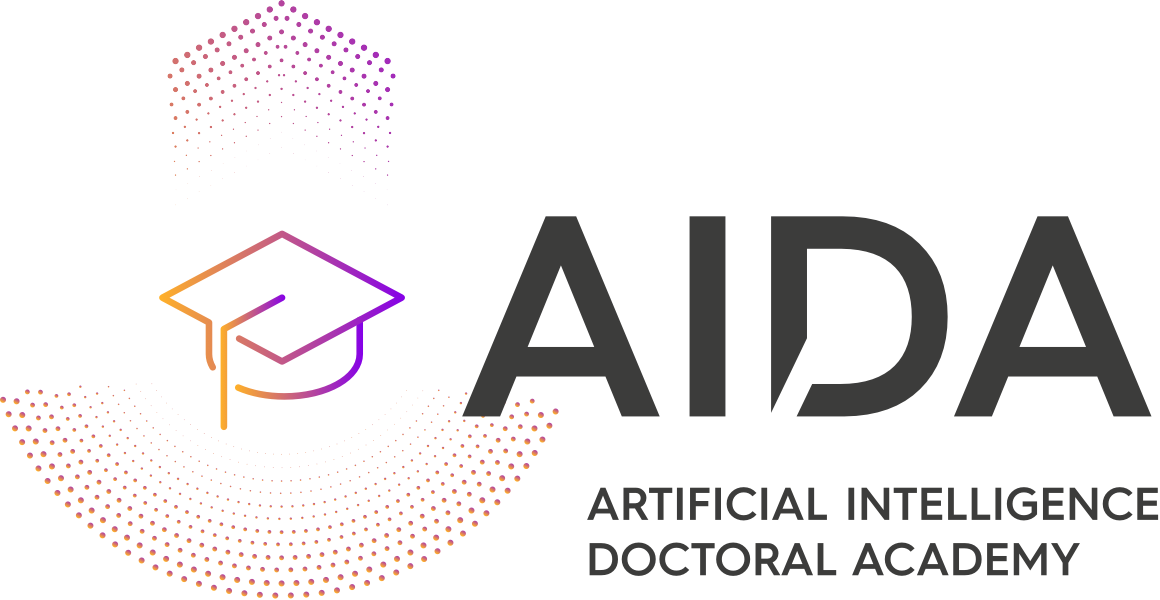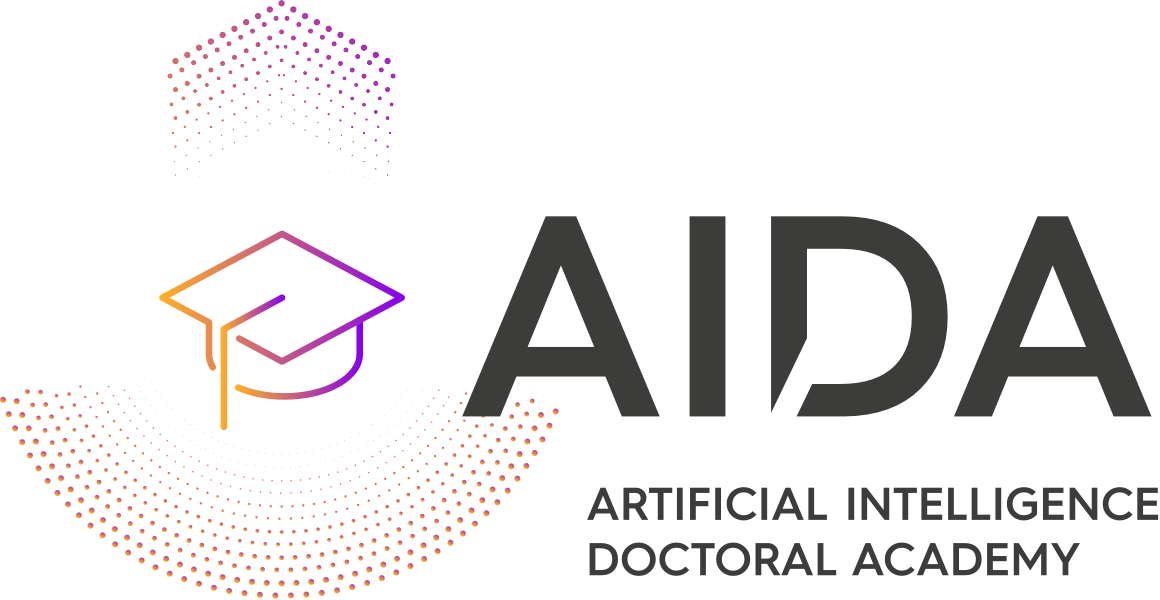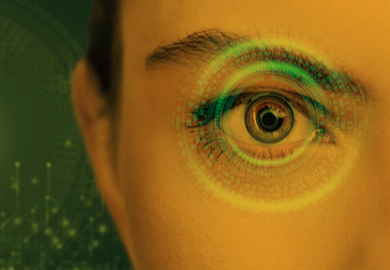
Tuesday 5th December 2023 17:00 CET
Prof. Alessandro Vinciarelli
According to the Gartner Group, one of the most important strategic consulting companies, detection and monitoring of mental health issues are some of the most promising application areas for AI. The goal of this talk is to show how methodologies typical of Social Signal Processing and Social AI, the areas aimed at endowing machines with social intelligence, can be used to identify people affected by common mental health issues (e.g., depression and insecure attachment). After showing how and when clinical practice lends itself to the application of AI, the talk will provide examples and will outline open challenges and opportunities.
Alessandro Vinciarelli (http://vinciarelli.net) is Full Professor at the University of Glasgow, where he is with the School of Computing Science and the Institute of Neuroscience and Psychology. His main research interest is Social Signal Processing, the domain aimed at modelling, analysis and synthesis of nonverbal behaviour in human-human and human-machine interactions. In the last 20 years, he published around 200 works that attracted 10,200+ Google Scholar citations. Furthermore, he garnered 13.8M Euros in research funding as a Principal Investigator (4.6M Euros under his ownership). He was the coordinator of the Social Signal Processing Network (a European Network of Excellence funded by the European Union) and he is now the director of the UKRI Centre for Doctoral Training in Socially Intelligent Artificial Agents (http://socialcdt.org), a UK program training 50 PhD students in Social AI. Last, but not least, Alessandro is co-founder of Klewel (a knowledge management company recognized with national and international awards) and scientific advisor of Substrata (https://www.substrata.me).



 Back to List
Back to List

